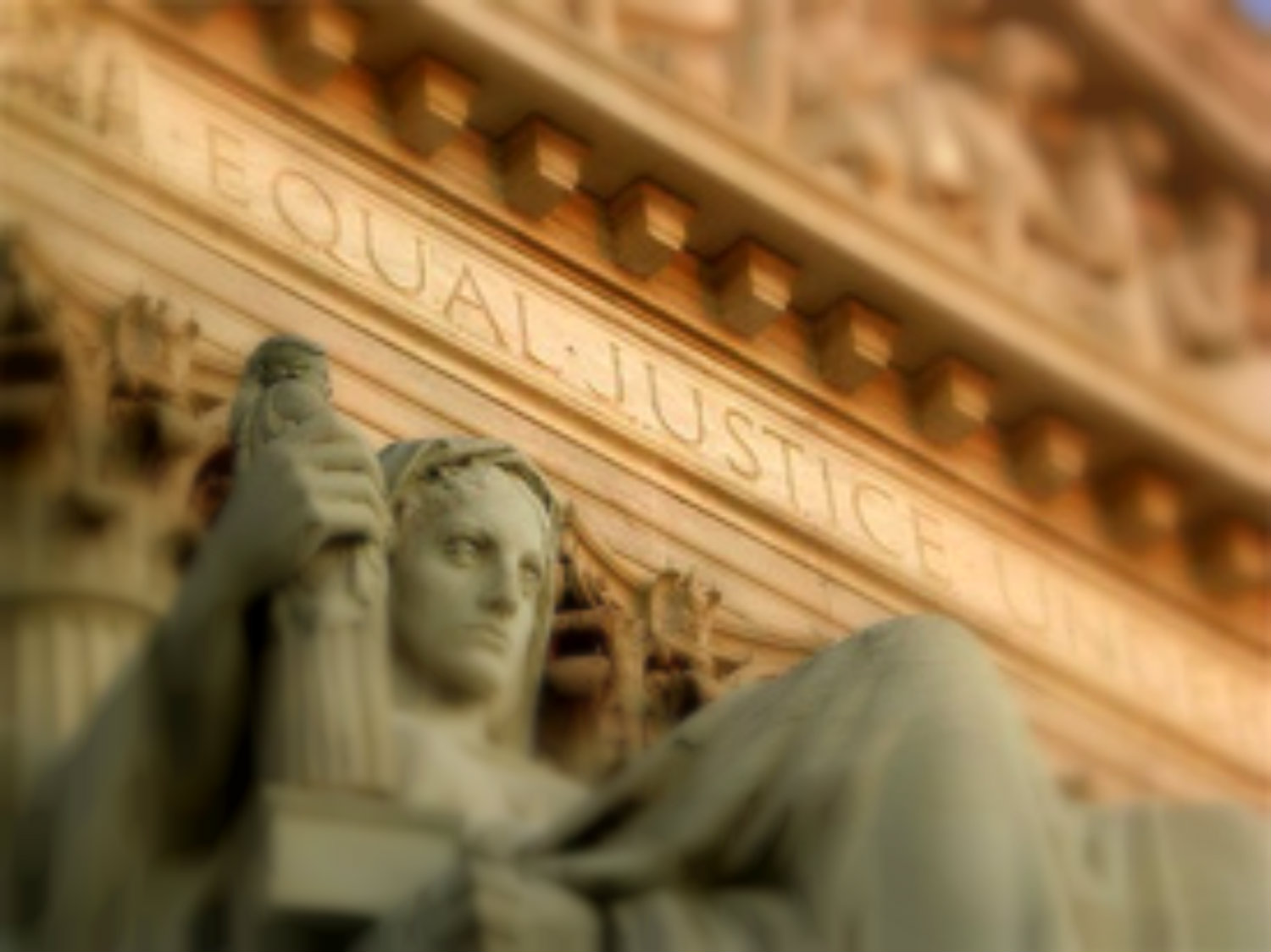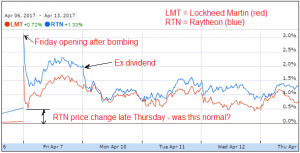Happy ‘PRESIDENTIAL HARASSMENT’ Day! [UPDATE-5]
[NB: Updates at bottom of post. /~Rayne]
We’ve been waiting too long for this day.
Not this day:
PRESIDENTIAL HARASSMENT!
— Donald J. Trump (@realDonaldTrump) July 9, 2020
But this day:
BREAKING: The Supreme Court ruled prosecutors in New York can subpoena Trump’s tax returns. This is a blow to Trump, who argued for immunity, and DOJ, which argued for a higher standard for this type of subpoena — the majority rejected both arguments. https://t.co/OtUa6Rzrlk pic.twitter.com/uE4ZesWhaN
— Zoe Tillman (@ZoeTillman) July 9, 2020
UPDATE-1 — 11:05 a.m. ET —
A reminder not to get too excited about tax documents being produced before November:
Remands in both Supreme Court cases today (Vance and Mazars) means Trump documents very unlikely to be produced publicly before November’s election.
But bad news for Trump down the line in terms of shielding his documents. https://t.co/iEMtIuHynb— Rick Hasen (@rickhasen) July 9, 2020
And Rep. Ted Lieu continues to press for expanded inherent contempt powers:
Pleased Kavanaugh & Gorsuch joined the majority in #TrumpTaxes case. No one is above the law, including @realDonaldTrump.
This is also why the House should immediately adopt our bill changing the Rules to execute Inherent Contempt. Congress needs to be able to enforce subpoenas. https://t.co/brJL5SEiNc
— Ted Lieu (@tedlieu) July 9, 2020
UPDATE-2 — 11:43 a.m. ET —
Could Trump be indicted by Vance’s office before November?
Courts have an inherent ability to expedite matters, as @neal_katyal pointed out. SCOTUS gives them a legal roadmap, not a timeline. Trump loses resoundingly on the legal arguments, with 7 justices including 2 he nominated in the majority. https://t.co/BWmeckXsDn
— Joyce Alene (@JoyceWhiteVance) July 9, 2020
Fingers crossed.
UPDATE-3 — 11:58 a.m. ET —
Yup…and a specific reason why we can’t expect a speedy resolution.
Implications of Vance & Mazars will be resounding for years. Here’s a biggie:
McGahn case was wrongly decided by 3 judge DC Cir. panel–it is incompatible with the five-part test in Mazars.
En banc (or other) reconsideration now likely to be granted–and we will win. https://t.co/KKX2qh1hwz
— Norm Eisen (@NormEisen) July 9, 2020
This will have to work its way through the system.
UPDATE-4 — 2:08 p.m. ET —
Rep. Adam Schiff’s take on SCOTUS’ decision:
No one is above the law, not even the President of the United States.
Nor are they immune from congressional oversight or criminal investigation, no matter how much they endeavor to delay or evade them.
My statement on the Supreme Court decision this morning: pic.twitter.com/a31B0sgSIX
— Adam Schiff (@RepAdamSchiff) July 9, 2020
Another important SCOTUS decision today, which should not be lost to the hubbub over Trump v. Vance:
In a 5-4 decision, the Muscogee tribe of eastern Oklahoma has won in McGirt v. Oklahoma. Justice Gorsuch wrote the majority opinion.
JUSTICE GORSUCH delivered the opinion of the Court.
On the far end of the Trail of Tears was a promise. Forced to leave their ancestral lands in Georgia and Alabama, the Creek Nation received assurances that their new lands in the West would be secure forever. In exchange for ceding “all their land, East of the Mississippi river,” the U. S. government agreed by treaty that “[t]he Creek country west of the Mississippi shall be solemnly guarantied to the Creek Indians.” Treaty With the Creeks, Arts. I, XIV, Mar. 24, 1832, 7 Stat. 366, 368 (1832 Treaty). Both parties settled on boundary lines for a new and “permanent home to the whole Creek nation,” located in what is now Oklahoma. Treaty With the Creeks, preamble, Feb. 14, 1833, 7 Stat.418 (1833 Treaty). The government further promised that “[no] State or Territory [shall] ever have a right to pass laws for the government of such Indians, but they shall be allowed to govern themselves.” 1832 Treaty, Art. XIV, 7 Stat. 368.
Today we are asked whether the land these treaties promised remains an Indian reservation for purposes of federal criminal law. Because Congress has not said otherwise, we hold the government to its word.
The opinion is filled with remarkable little bites which have pointed teeth, like the first sentence in Sect. II:
Start with what should be obvious: Congress established a reservation for the Creeks. In a series of treaties, Congress not only “solemnly guarantied” the land but also “establish[ed] boundary lines which will secure a country and permanent home to the whole Creek Nation of Indians.” 1832 Treaty, Art. XIV, 7 Stat. 368; 1833 Treaty, preamble, 7 Stat. 418. …
Right there, in the text of the law, even.
And then this closing in the last graf of the majority opinion — whew, this seems like a message to another audience altogether:
…If Congress wishes to withdraw its promises, it must say so. Unlawful acts, performed long enough and with sufficient vigor, are never enough to amend the law. To hold otherwise would be to elevate the most brazen and longstanding injustices over the law, both rewarding wrong and failing those in the right.
This decision will likely result in a few death sentences being overturned, according to Sister Helen Prejean.
One might wonder at the impact on the ongoing threat to the Mashpee Reservation.
UPDATE-5 — by Ed Walker, a very long comment
SCOTUS handed down two decisions in cases involving Trump’s tax returns: Trump v. Mazars USA, LLP, the House subpoena case, an Trump v. Vance, the New York State subpoena case. Here are some preliminary thoughts.
1. In both cases SCOTUS is forced to pretend that Trump is a normal President. This is from Vance, discussing Clinton v. Jones, the case about Clinton’s sex life.
The Court recognized that Presidents constantly face myriad demands on their attention, “some private, some political, and some as a result of official duty.” Id., at 705, n. 40. But, the Court concluded, “[w]hile such distractions may be vexing to those subjected to them, they do not ordinarily implicate constitutional . . . concerns.” Ibid.
No one thinks Trump is normal. His only time constraint is his TV schedule, and his need to spend quality time with his friends at Fox News. So, when reading these cases we have to remember that they apply to normal presidents of both parties, mostly, at least we hope so.
2. In Mazars, Roberts says that Congress can only issue subpoenas in pursuit of information needed for legislative purposes. Therefore, the only issue is whether this subpoena exceeds the authority of the House, considering that it makes demands on a different branch of government. SCOTUS makes up some considerations for balancing the need for information with the demands on the President. This makes sense in the normal run of things. As the Courts says, prior demands have been resolved without the courts. However a normal President doesn’t hide his tax returns, and doesn’t have significant business dealings with traditional enemies of the US.
This case exposes the Democrats as failures. They had information suggesting that Trump or his businesses or both had extensive business dealings with Russians, including some connected to Putin, and had reason to suspect that those relationships affected his official actions towards Russia. Two obvious points: Trump ignored and denied Russian meddling in US elections; and Mike Flynn explicit kowtowed to Putin over sanctions. Why wasn’t this the explicit rationale for the subpoena for his transactions with Deutsche Bank, which is thought to be the vehicle for those transactions. The grounds would be impeachment, which is a power solely reserved for Congress, and one in which the role of SCOTUS would be severely reduced.
This was a specific decision by Speaker Pelosi and the rest of the House Leadership Gerontocracy. Pelosi resisted demands for an investigation of the lies of the Bush/Cheney administration that led to the sickening attack on Iraq. She resisted any effort at serious investigation of Trump, and had to be forced into investigating the extortion of Ukraine.
3. The underlying problem in Mazars is the weakness of Congress. Trump and his contemptible lackeys refuse to cooperate with Congress. Bill Barr thinks the President has absolute authority, and can ignore Congress.
The Constitution provides that each house sets its own rules. Each house could easily set up its own rules about subpoenas and enforcement of subpoenas. One possibility would be that an administrative official who refused to comply with a subpoena could be held in contempt, and then that person and all underlings would lose all authority to act under any law or regulation.
4. The delay issue in Vance is similar. We’ve wasted a year on arguments that had no possibility of success except in the minds of Presidential absolutists. Now we can expect Trump to move to quash the Vance subpoena in New York state courts, starting the whole thing over. Neal Katyal disagrees; he thinks the matter can be settled quickly in New York courts. We’ll see.
5. Trump has damaged America and Americans while this case stumbled along. One obvious remedy is a law that Congressional subpoenas are deemed enforceable by Congress unless there is a final court decision within a short period, say two months. Current court rules ignore the speed with which legal matters can be handled with the internet. Legal research is easier and quicker, filing is trivial, and video-conferencing solves all travel and scheduling problems. The rest of us have had to speed up. So should Courts.








